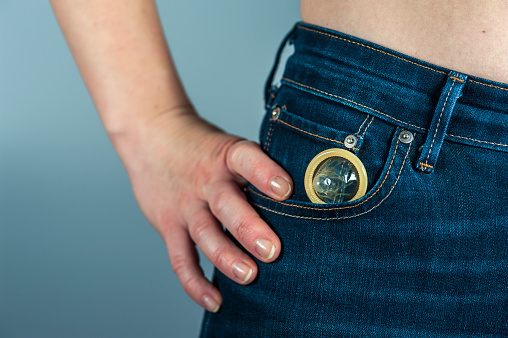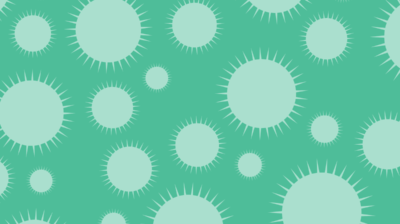STI: Chancroid
This is a bacterial infection that is spread through skin-to-skin contact

Chancroid is a type of bacterial infection that is spread through direct skin-to-skin contact. It is a rarer form of an STI, but is easily treatable.
How Chancroid is transmitted
Chancroid is spread through skin-to-skin contact with someone who is infected. You can get chancroid from coming into contact with the fluids from another person’s chancroid sores. This can be from either directly touching the sore, or from things that the sores have come into contact with, like sex toys or even the person’s hands.
Symptoms of Chancroid
The symptoms of Chancroid can vary in men and women.
In men (or people with a penis):
- Small red bumps, most frequently on the head and shaft of the penis and on the scrotum.
In women (or people with a vagina):
- Similar small red bumps, commonly on the labia (the folds of skin around the genitals), around the anus, or on the thighs
In both:
- Those small red bumps can turn into ulcers or open sores in a matter of days
The ulcers:
- range in size and are soft to the touch
- can be grey or yellowish in the middle
- have sharply defined borders
- may be painful
- may bleed easily and/or release a contagious fluid.
The most common symptoms for women are pain during sex and while peeing, although these symptoms are present in men as well. The lymph nodes in the groin may also become tender or swollen.
Treatment for Chancroid
It is important to go to the doctor for a correct diagnosis, as the symptoms can be similar to those of herpes or syphilis. The doctor will most likely take a sample of the fluid from the sores and send it to be analyzed.
Most cases of chancroid can be treated with a course of antibiotics. It is important to follow your doctor’s directions, and take the full course.
What happens if Chancroid is left untreated?
- If left untreated chancroid could heal on its own, but the process may take months, is painful, and can cause extreme discomfort
- The sores may also leave scars
- Furthermore, untreated sores put you and therefore your partner(s) at risk of contracting another STI or an infection
How to prevent transmission of Chancroid
- As always, use condoms or dental dams during any sexual act
- Follow your doctor’s instructions, and refrain from sexual activities for as long as necessary for the sores to heal
- If you already have it, try not to touch the area; if you do, be sure to wash your hands, so that you don’t spread the bacteria to other parts of your body






